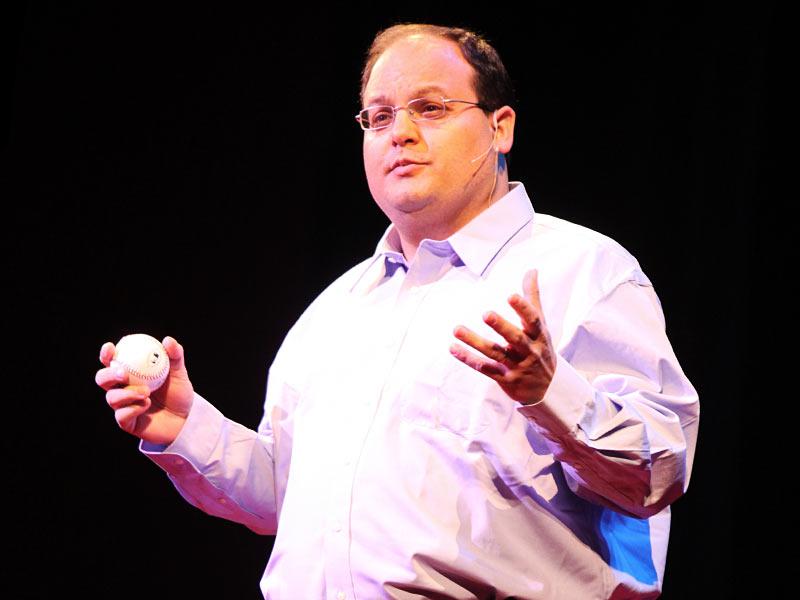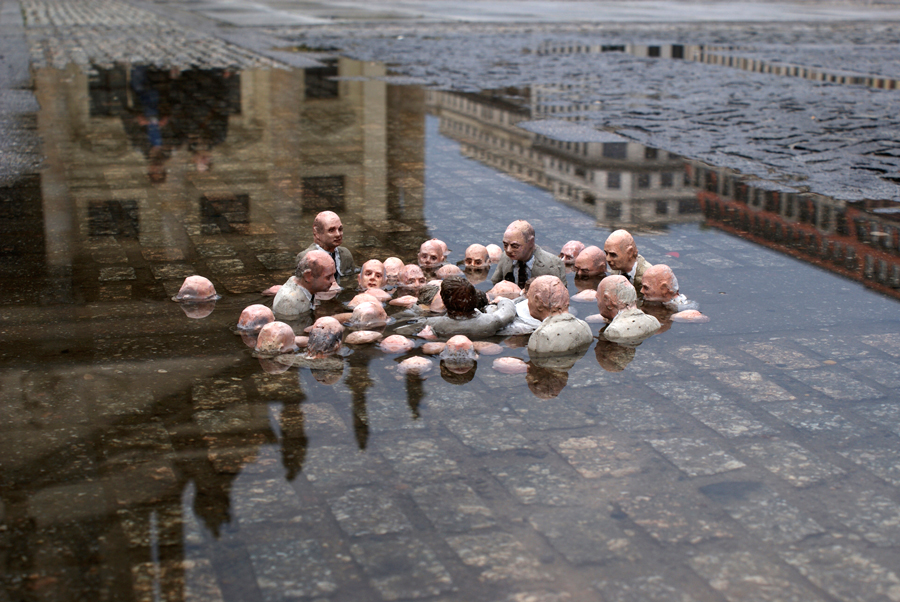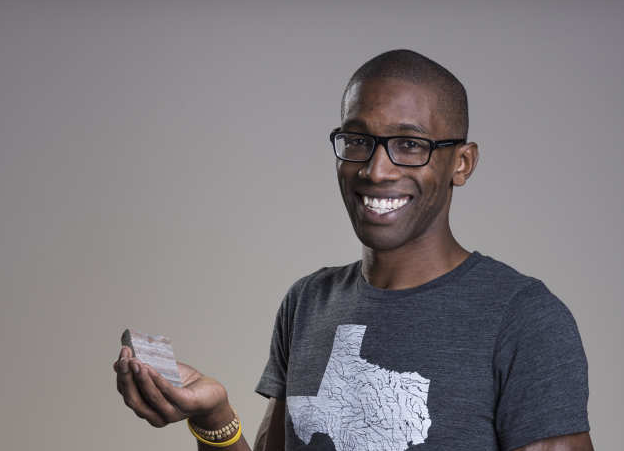
Retraction Watch was launched to provide insights into cases of scientific fraud and grant a window on the retraction process. How does the scientific community react when you publicly report on retractions of scientific papers?

Retraction Watch was launched to provide insights into cases of scientific fraud and grant a window on the retraction process. How does the scientific community react when you publicly report on retractions of scientific papers?

What is the overarching problem with scientific impact? Scientific impact can be understood as the influence on other research, for example by providing confirmative or contradicting results, new research questions, or breakthrough methods.

What is the difference between bibliometric impact and societal impact? There is a tremendous difference between bibliometric and societal impact. I devoted a blog post to this when I had the honour of reaching 100 publications in the peer-reviewed literature. I didn’t feel the sense of accomplishment that I imagined I might have—and should have—felt.

Climate skeptics, conspiracy theorists, and the anti-immunization movement are on the rise. At the same time, fraudulent research and issues with the replicability of scientific results prompt the question if science is still a reliable source for political decision-making. In your opinion: Where is science going wrong? The divide between science and society is not necessarily the fault of society and a few crazy individuals.

Introduction Today a system that sets wrong incentives for the scientific community is prevailing that is relying on an outdated system for the communication of science through centralized publisher cartels. As a result, science in some fields is suffering from increasingly poor reproducibility. This bears the risk of loss of credibility among the public and increased scarcity of public funding (Ioannidis, 2005;

Why do you care about impact? It is quite important to understand some aspects of geology to give us the insights of how the earth has evolutioned throughout times, what happened to climate and thus predict how it will change in future. This is one reason why I care about impact. Another one – a lot of the work we do is related to the oil industry. So we help them to find solutions that make this work more efficient and safe.

Let’s get some things out of the way first: Yes, Twitter has fundamentally changed the way journalists work — they use the service to create and manage their brand, to get news, to find sources for stories; it has become an integral part of a journalist’s daily routine. Similarly, academics use Twitter to connect with colleagues, follow news, promote their work, participate in public discussion, and conduct research.

It’s no secret that we have an inequality problem within the hallowed walls of the academy. Much focus has been dedicated to problems of inequality—of status, of wage, of job security, of resulting social mobility, and beyond—mainly between tenured faculty and the growing precariat of contract teaching labour.

What is PeVO? PeVO stands for “Publish and evaluate Onchain”. We are creating a decentralized publication platform which aims to change the way science is accessed, created, published and evaluated by using the blockchain technology. It helps us to create an immutable digital archive which is going to be free and unrestricted.

Sharing data publicly adds value to research. The same data can potentially be used for new questions in different contexts. Furthermore, by making data publicly available, results become more transparent.